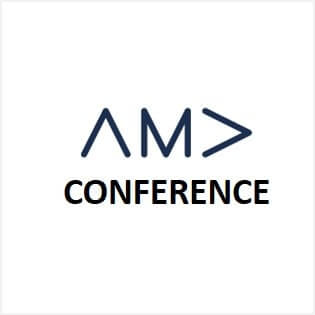Assessing Student Learning: Beyond Traditional Exams
.png?width=895&height=468&name=Blog%20Raw%20Images%20(2).png)
As courses across various disciplines draw to a close, educators are faced with the crucial task of evaluating their students' progress. Gone are the days when traditional exams were the sole measure of student learning. Today, in our rapidly changing educational landscape, innovative assessment methods like mini-simulations, project-based assessments, and reflective journals are gaining momentum.
These approaches not only offer a more comprehensive understanding of student capabilities but also align with the dynamic nature of today's learning environments. Let's delve into these diverse and engaging methods, perfect for your end-of-course assessments, and discover how they can significantly enhance the way we measure student learning and success.
1. Mini-Simulations: Bridging Theory and Practice
Mini-simulations stand out as a dynamic tool in student assessment. These interactive scenarios allow students to apply theoretical knowledge to practical, real-world situations. Here's why they're effective:
- Engagement: Students are more engaged when they can see the real-world application of their learning.
- Critical Thinking: Simulations often require quick decision-making, enhancing critical thinking skills.
- Versatility: They can be tailored to various subjects, from business strategy to scientific research.
- Feedback: Provides immediate, actionable feedback, helping students understand their strengths and areas for improvement.
- Automatic grading: Mini simulations such as our sales, branding, digital media and marketing simulations include an automatic grading feature based directly on learners' actions within the simulation, creating a seamless assessment experience.
Experience Mini-Simulations in Action
Curious to see how mini-simulations can transform your classroom experience? We invite you to sign up for a free demo. Witness firsthand how these simulations can engage your students, enhance their critical thinking, and provide you with an innovative assessment tool that goes beyond traditional methods. Click here to request your free demo now.
2. Project-Based Assessments
Moving away from traditional testing, project-based assessments encourage students to undertake comprehensive projects that demonstrate their understanding over a longer period. These projects can involve research, problem-solving, and presentation skills, offering a multifaceted assessment approach.
- Creativity and Innovation: Encourages students to think creatively and innovate.
- Collaboration Skills: Often involves group work, enhancing teamwork abilities.
- Real-World Relevance: Projects can be aligned with real-world challenges, making learning more relevant and interesting.
3. Reflective Journals
Reflective journals are an introspective assessment tool where students document their learning journey. This method encourages deep thinking and self-assessment.
- Personal Growth: Helps students track their personal and academic growth.
- Critical Reflection: Encourages students to reflect critically on their learning experiences.
- Writing Skills: Enhances writing and communication skills.
4. Peer Assessments
Involving students in the assessment process, peer assessments foster a sense of responsibility and critical evaluation skills.
- Feedback Skills: Students learn how to give constructive feedback.
- Self-Evaluation: Encourages self-reflection by comparing their work with peers.
- Community Learning: Builds a learning community where students learn from each other.
5. Portfolios
Portfolios are collections of student work over time, providing a comprehensive view of their progress and achievements.
- Showcase of Work: Allows students to showcase their best work.
- Progress Tracking: Highlights growth and development over time.
- Skill Demonstration: Showcases a variety of skills, from research to creativity.
Conclusion
Assessing student learning is a multifaceted process that benefits greatly from diverse methods like mini-simulations, project-based assessments, and reflective journals. By incorporating these techniques, educators can provide a more comprehensive, engaging, and realistic evaluation of student capabilities. Embracing these methods can lead to a deeper understanding of student learning and development, preparing them effectively for future challenges. Don't miss the opportunity to see how mini-simulations can elevate your teaching and assessment strategies. Request your free demo today and take the first step towards a more interactive and effective classroom experience.

%20(LinkedIn%20Sponsored%20Content)%20(75)-min.png?width=352&name=Green%20and%20Black%20Live%20Podcast%20Guesting%20Instagram%20Post%20(600%20%C3%97%20250%20px)%20(LinkedIn%20Sponsored%20Content)%20(75)-min.png)
.png?width=352&name=Blog%20Image%20Template%20UPDATED%20(10).png)
